Making Writing Powerful: Writing with Purpose
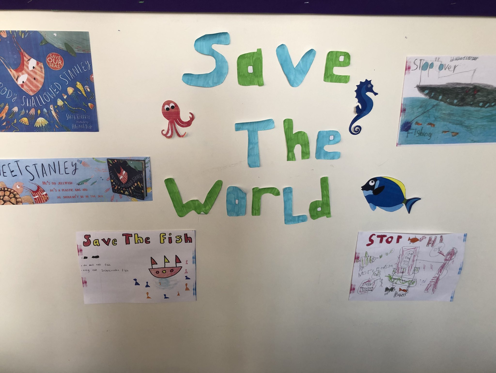
Consider the last five things you have written – what were they?
Much of the teaching of writing is naturally given over to learning how to write for specific purposes. Truly great writing will only emerge when the pupils are confident, engaged writers who take pleasure in their craft. So, what can we do to support this? The answer, is to make writing powerful. Read this blog for our top tips for building purposeful writing into your whole curriculum.
Mind the Gap:
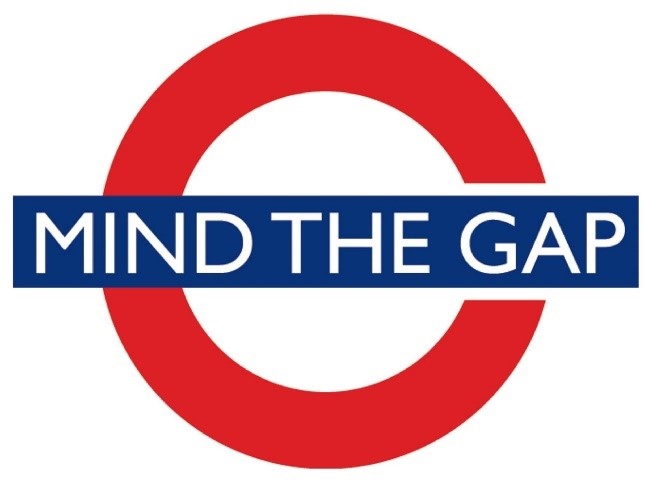
Think about a time when you just couldn’t think of the word you needed during a conversation. For most of us, this is a relatively rare occurrence, but for many children a lack of vocabulary puts up daily barriers that are difficult to overcome. We know there is a significant word gap which we must overcome, but why is minding that gap so important? Why do we need to prioritise vocabulary?
Reading Award Case Study
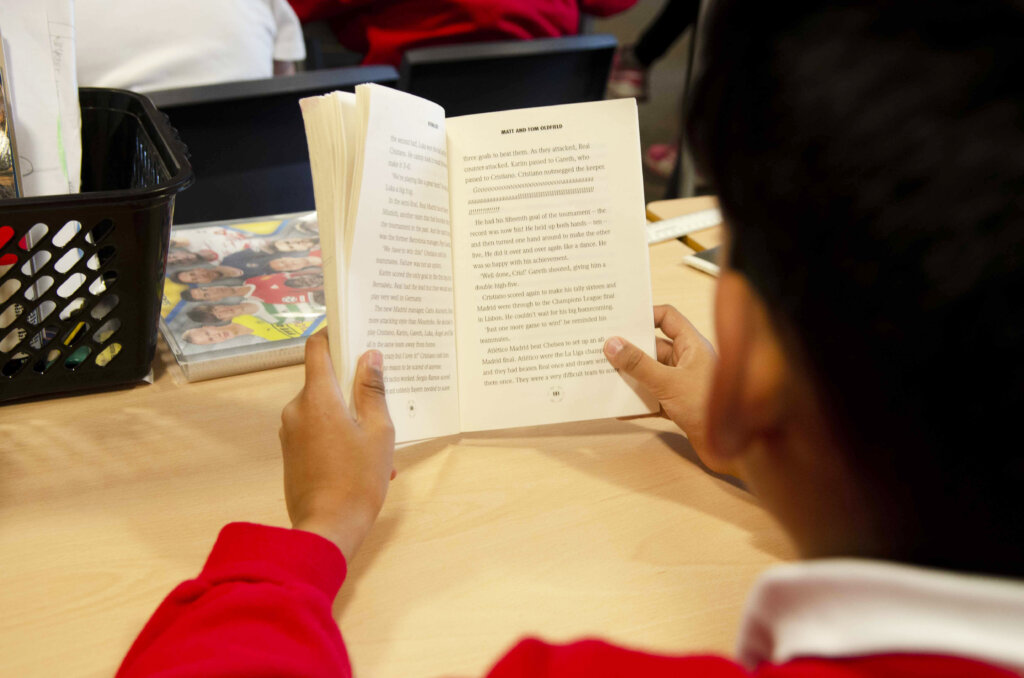
One Education are proud to support schools to develop their reading provision. This case study, written by St Matthew’s Catholic Primary School, illustrates their reading journey and showcases the fantastic work that has been put into their Gold Reading Award achievement.
How Can We Support Every Child to be a Good Reader?
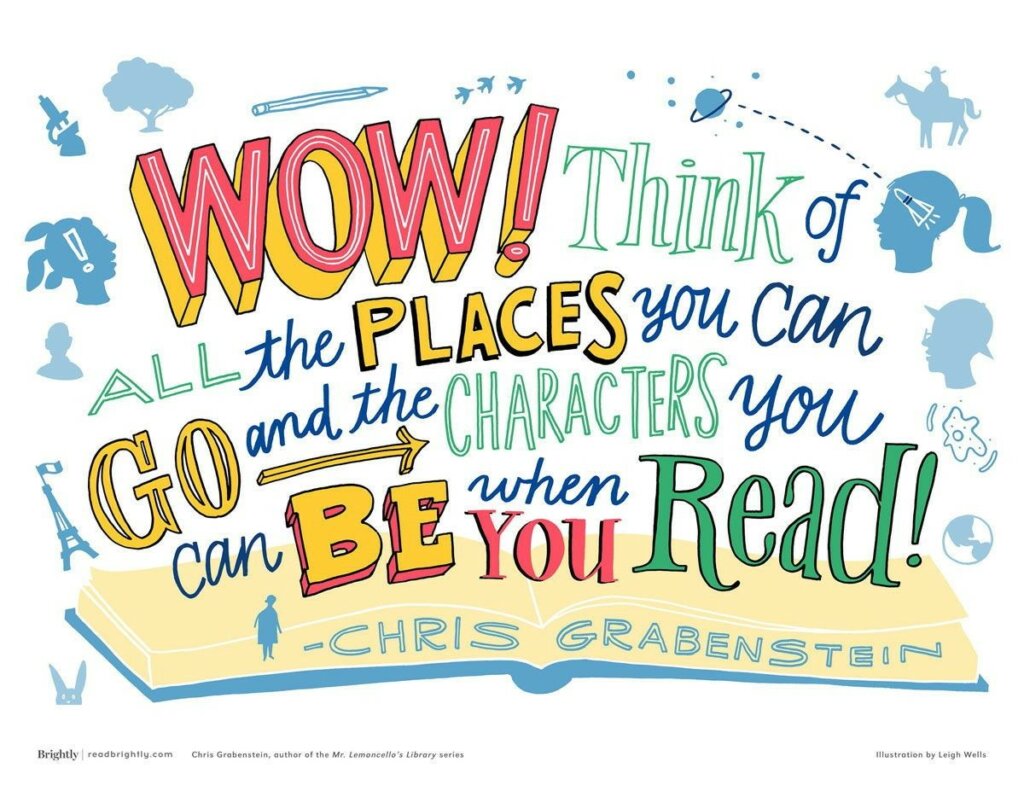
Just take a minute to think about the impact reading has on your daily life. Reading permeates every aspect of our lives. Imagine if you couldn’t read or if reading was a challenge that frustrated you. What would you miss out on? What might you avoid? The positive impact of being a good reader is well known. Not only does it impact attainment but also mental health, employment, empowerment and much more.
The Importance of a Good Transition
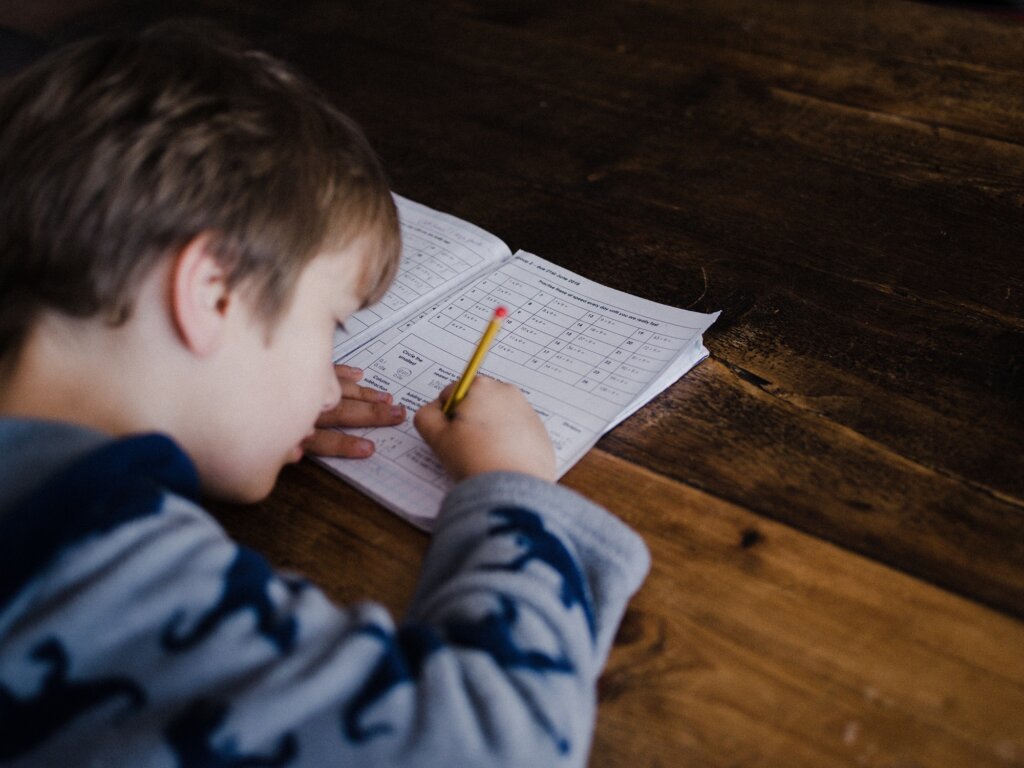
Transition is a tricky time for all children but it will be especially challenging this year. A good transition can mean the difference between floundering and flourishing. As such it is crucial to get it right. So, what can we do to make transition work?
Teaching Reading Skills: Retrieval
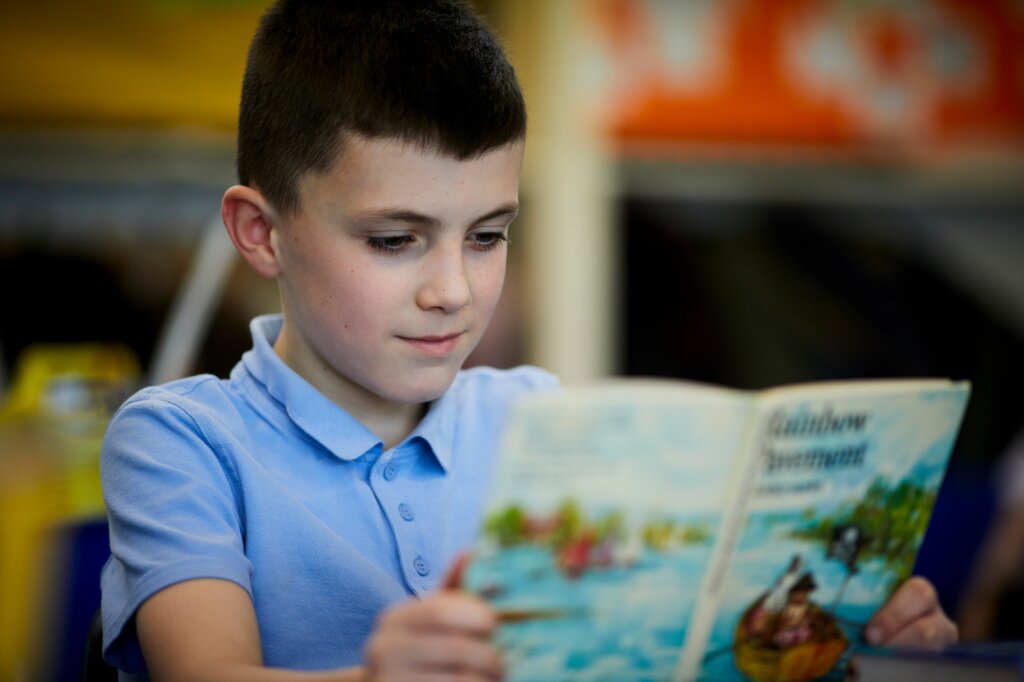
We read constantly, not just words, but emotions and images. What unites most of our daily reading is that we read to retrieve information. Unless you read for pleasure vociferously, you are more than likely spending more time reading for information than you are for pleasure. Your primary reason for reading is retrieval.
Silence is Not Golden: The Importance of Improving Oracy
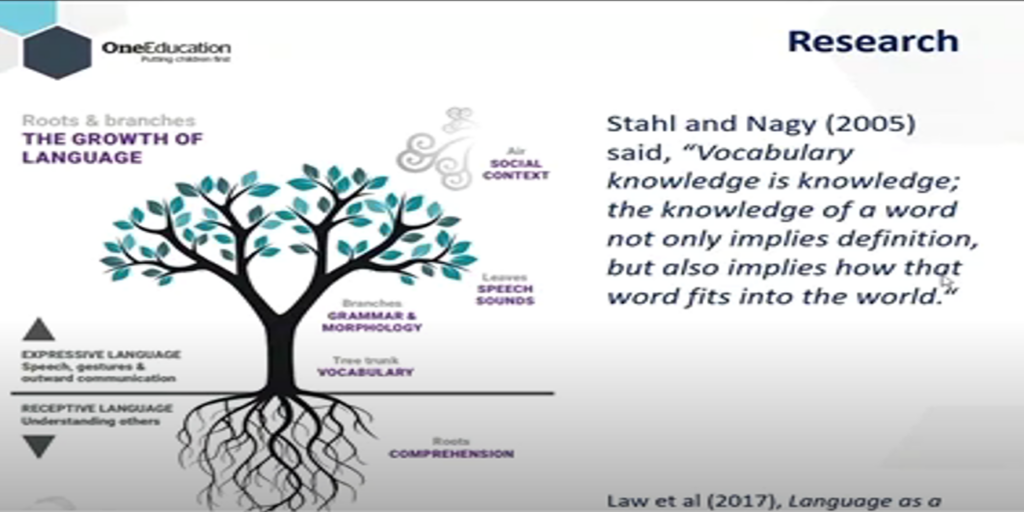
The education community needs to act to prioritise the teaching and learning of Oracy, so that all children develop their own voice. What is Oracy? Why is it so important? What do we need to teach? What can we do to improve Oracy? Read our 6 steps.
Writing for Reality Using the P.I.C.C a Text Approach
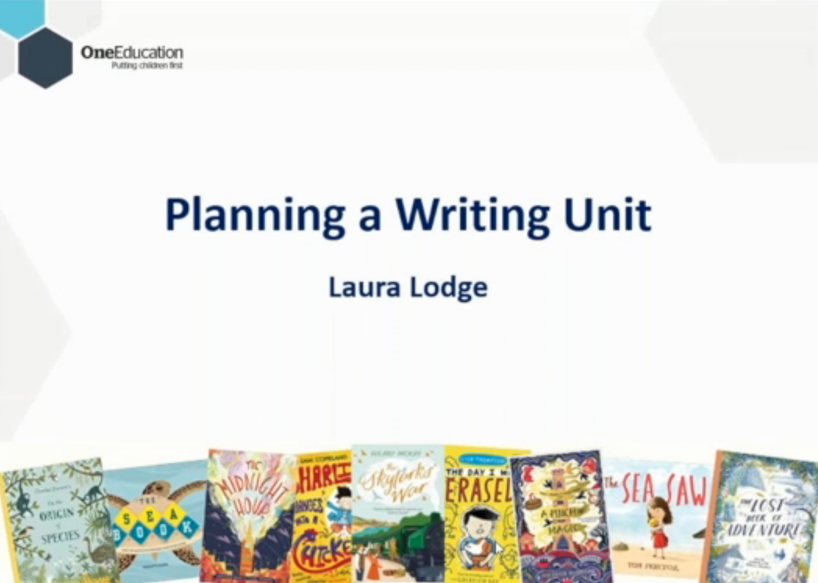
Our P.I.C.C. a Text approach to planning focuses on using a quality text, such as Somebody Swallowed Stanley, to inspire real writing: writing that gives children purpose and the ability to make choices about how they write.
Complete Comprehension for KS1

“We’re thrilled to have been asked to write for Schofield and Sims, sharing our knowledge of the teaching of Reading with a wider audience.”
The Importance of Early Reading
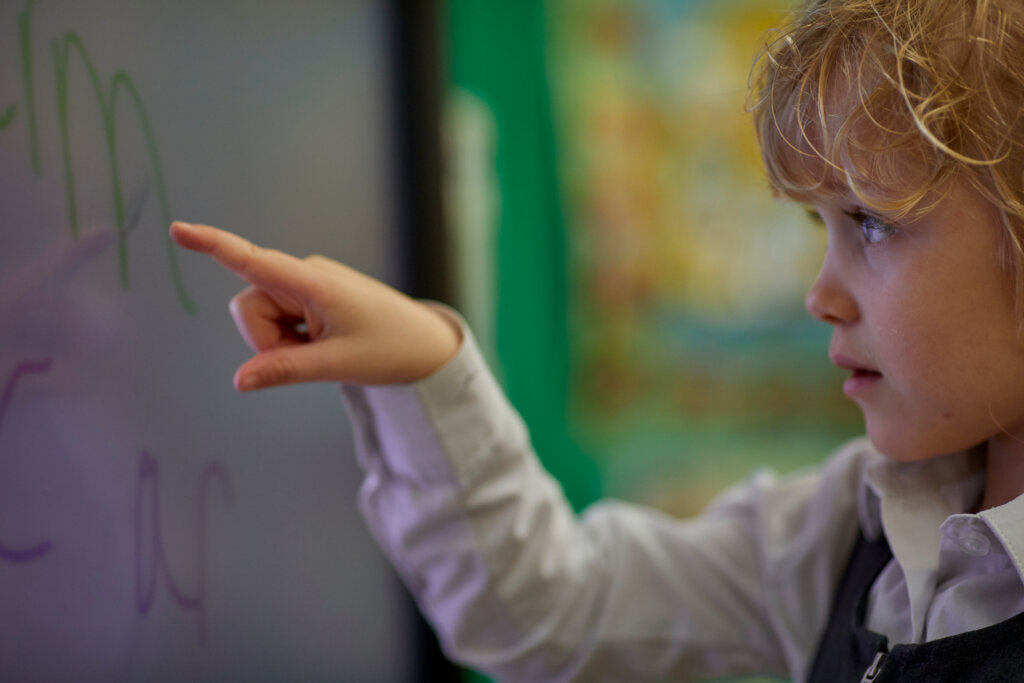
We all know the importance of reading and as such many schools have put much time and effort into developing their Reading curriculum.
